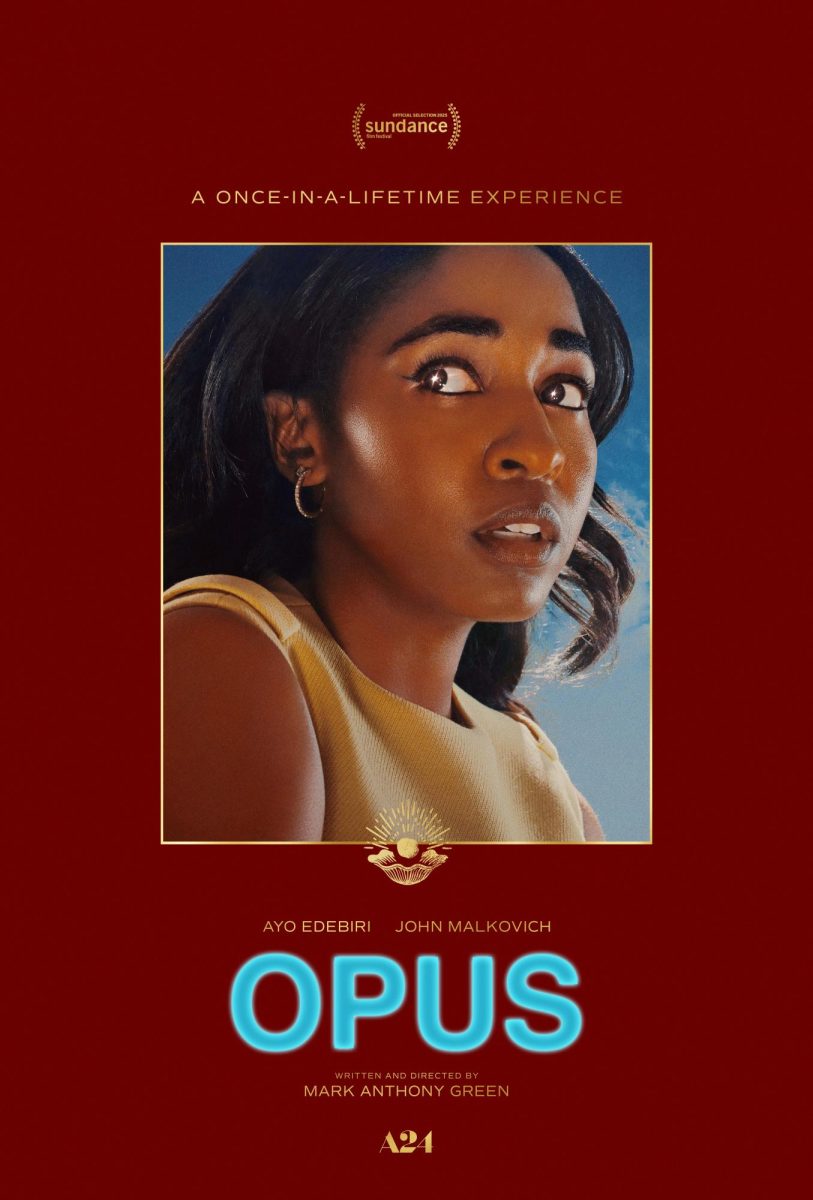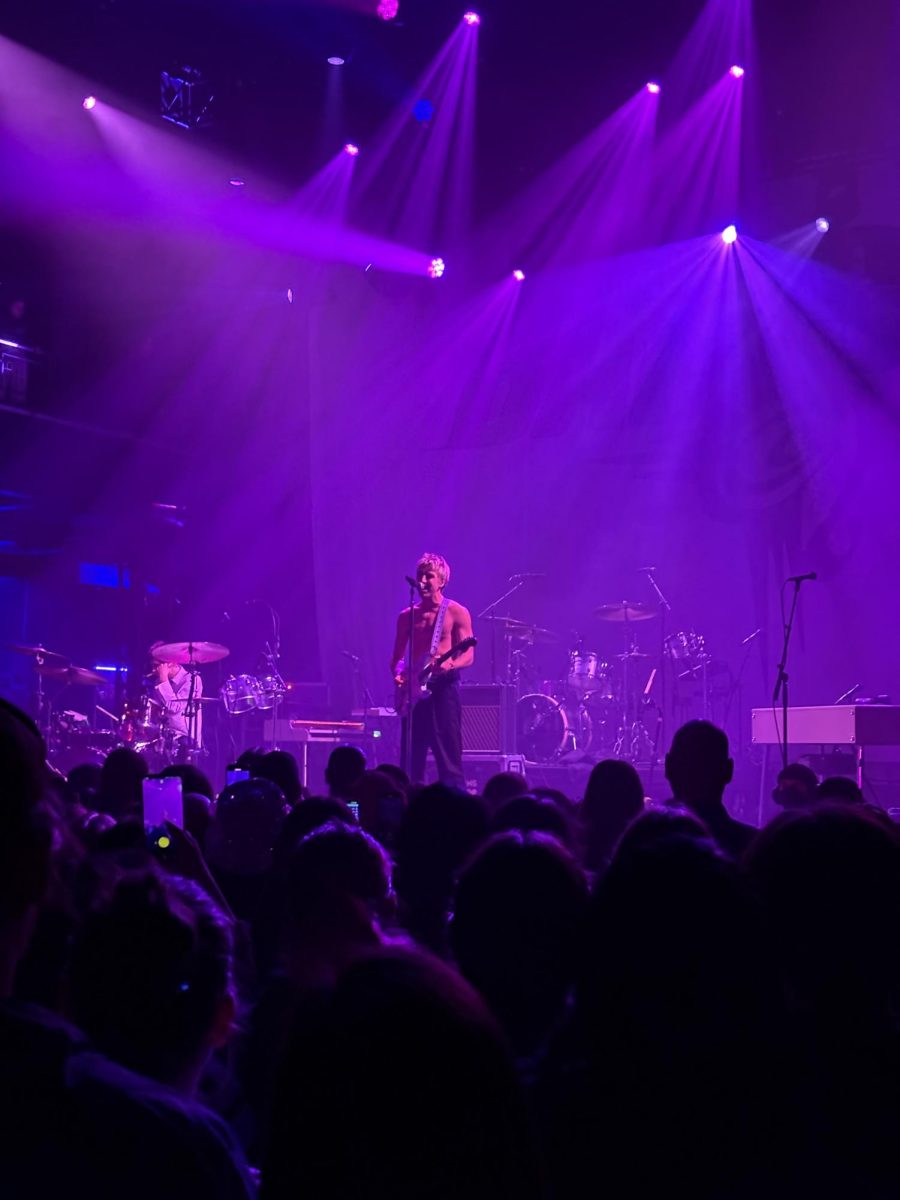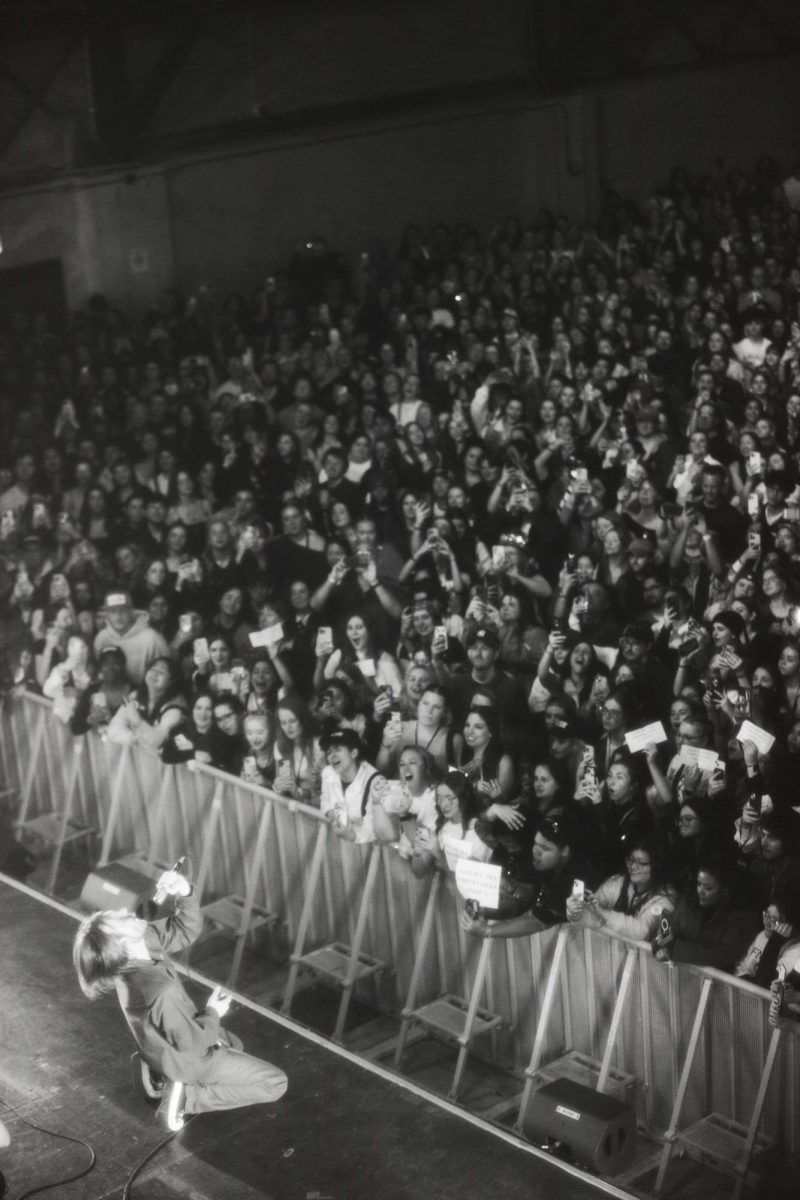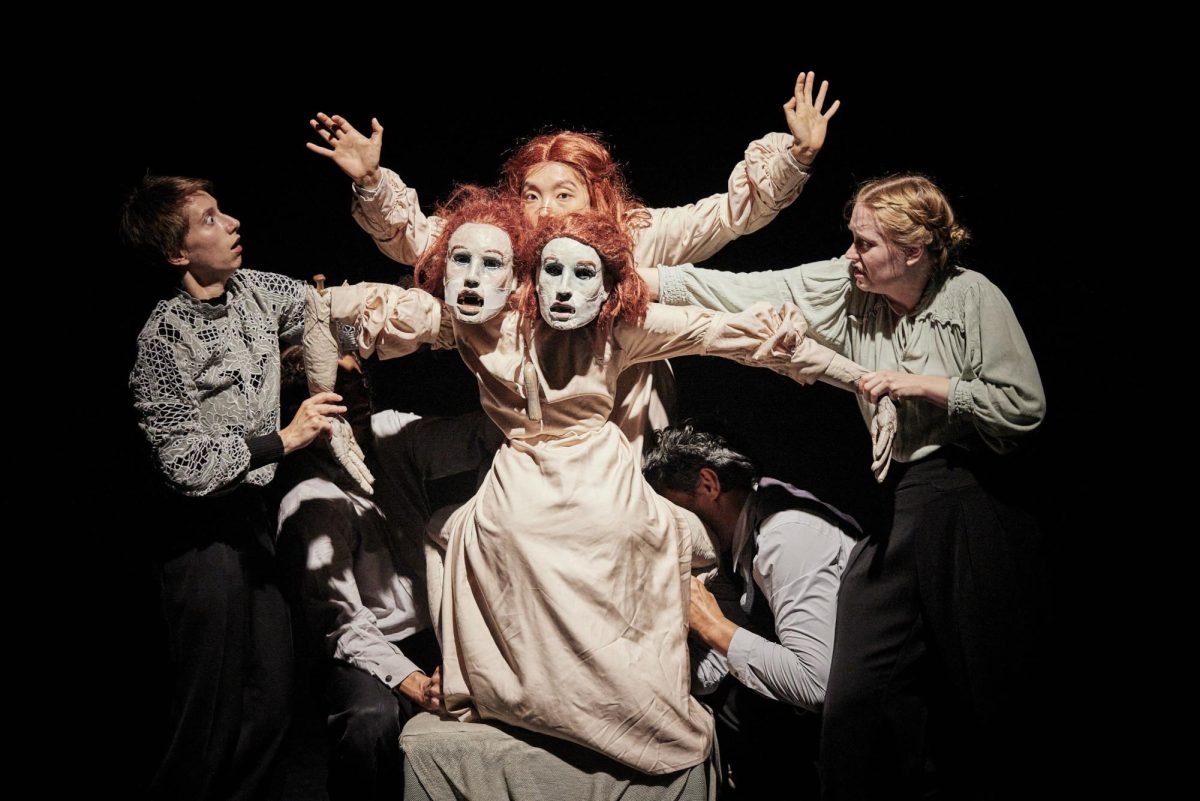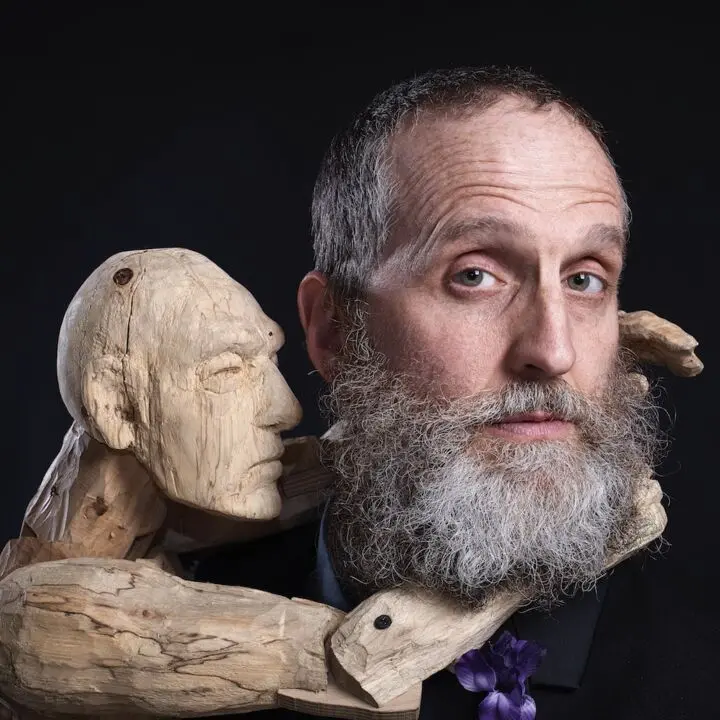Last Saturday night, The Revolution Will Not Be Improvised! premiered at The Revival. Directed by Molly Todd Madison, the show comically juxtaposed first-world problems of modern life and contemporary social justice issues to deliver poignant social criticism.
“White silence is white consent!” chanted the performers, beginning the show with familiar protest cries. Then, the tone shifted suddenly from the contentious to the more commonplace as performers began complaining about the everyday: one whined about how she was “starving” for a snack, another about how she was exhausted, and a third about how his flat feet made his back hurt. A fourth told a South Side resident that he was lucky to find parking while she, meanwhile, had to pay off $500 parking tickets. In the context of the social injustices raised by the show’s opening protests, their lack of activism seemed petty in comparison.
Pressing social issues continue to be ignored by characters in the next sketch, where two Whole Foods employees instead invented issues to fret about, warning customers about the potential risks of their products (“It’s a conspiracy!” was the refrain of the sketch). One customer tried to buy toothpaste, but was deterred by warnings that the government is using fluoride-infused water to poison its citizens. The next was about to buy greens until she learned that a Brazilian vegetable farm experienced a salmonella outbreak.
“Who still eats?” quipped the employee after the last customer left.
A later skit focused on a teenage girl who is excited to be recruited by the all-white Carleton High School cheer team until her teammates tell her that if she can’t twerk or make their dance more “ghetto,” they don’t see a place for her on their team. Although spoken in a comedic setting, such comments magnified everyday demonstrations of discrimination, adding to the show’s social critique.
In a later skit, a father and his adult daughter reminisced about his efforts to make her proud of her heritage: At times, he adopted extreme methods, such as making her wear traditional African dresses while listening to James Brown’s “Say It Loud, I’m Black and I’m Proud!” every day for Black History Month, or having her wear green for St. Patrick’s Day to give different cultures recognition. However, the skit ended with the daughter understanding her father’s greater purpose of fostering pride in her heritage, and feeling appreciative of his efforts.
The show ended with a continuation of the first sketch, but with the previously callous and oblivious characters gaining a new perspective: The character who complained about being exhausted decided to volunteer more in her community; the one who whined about needing a snack realized that she is in a position to help people who are in need of food to survive.
The show’s ending echoed the opening, connecting themes that united the various skits to make a strong claim: Revolution doesn’t just happen. As amusing as improvised sketch comedy is, The Revival's message with this show is clear—social change happens when people plan.



